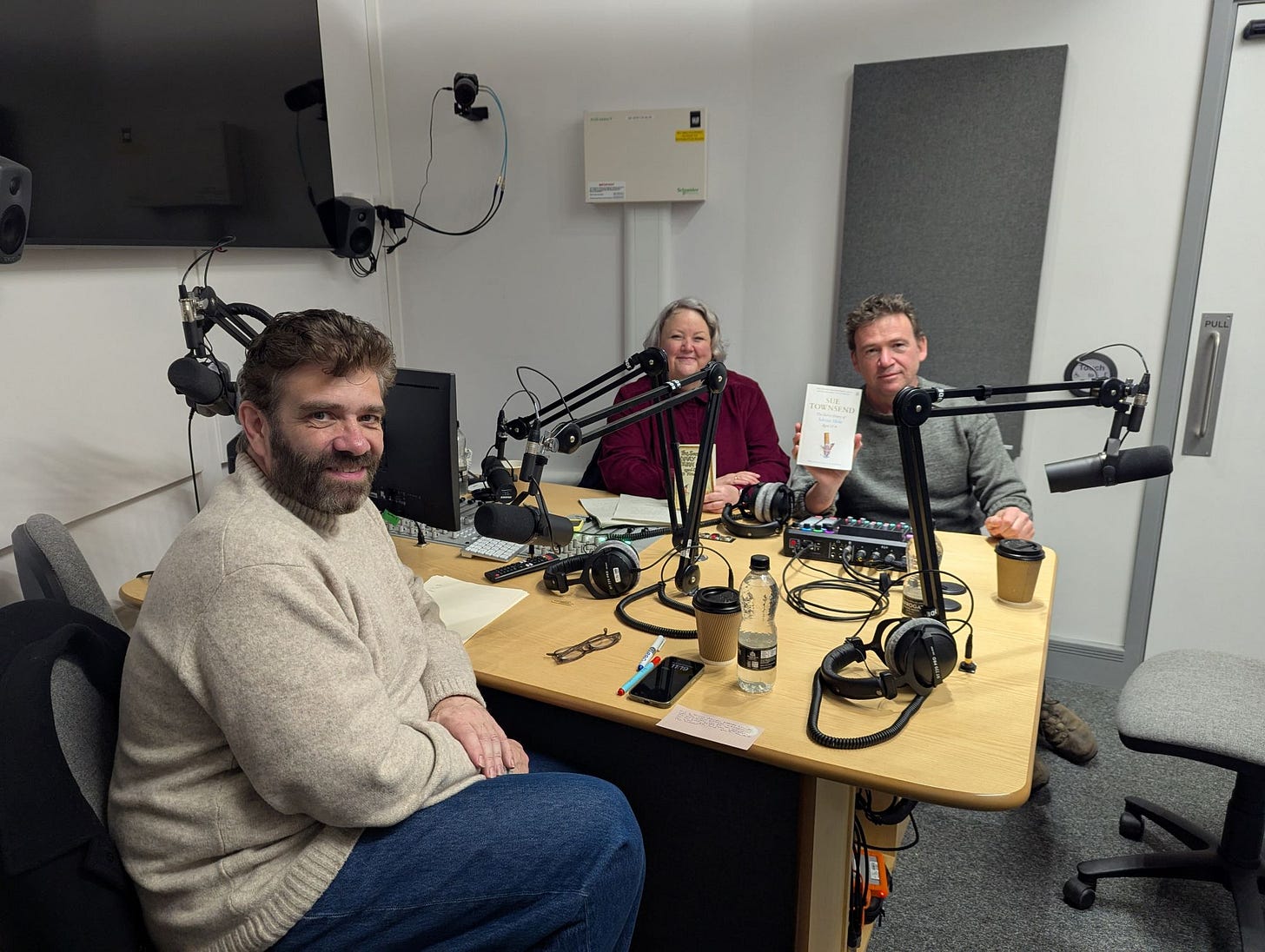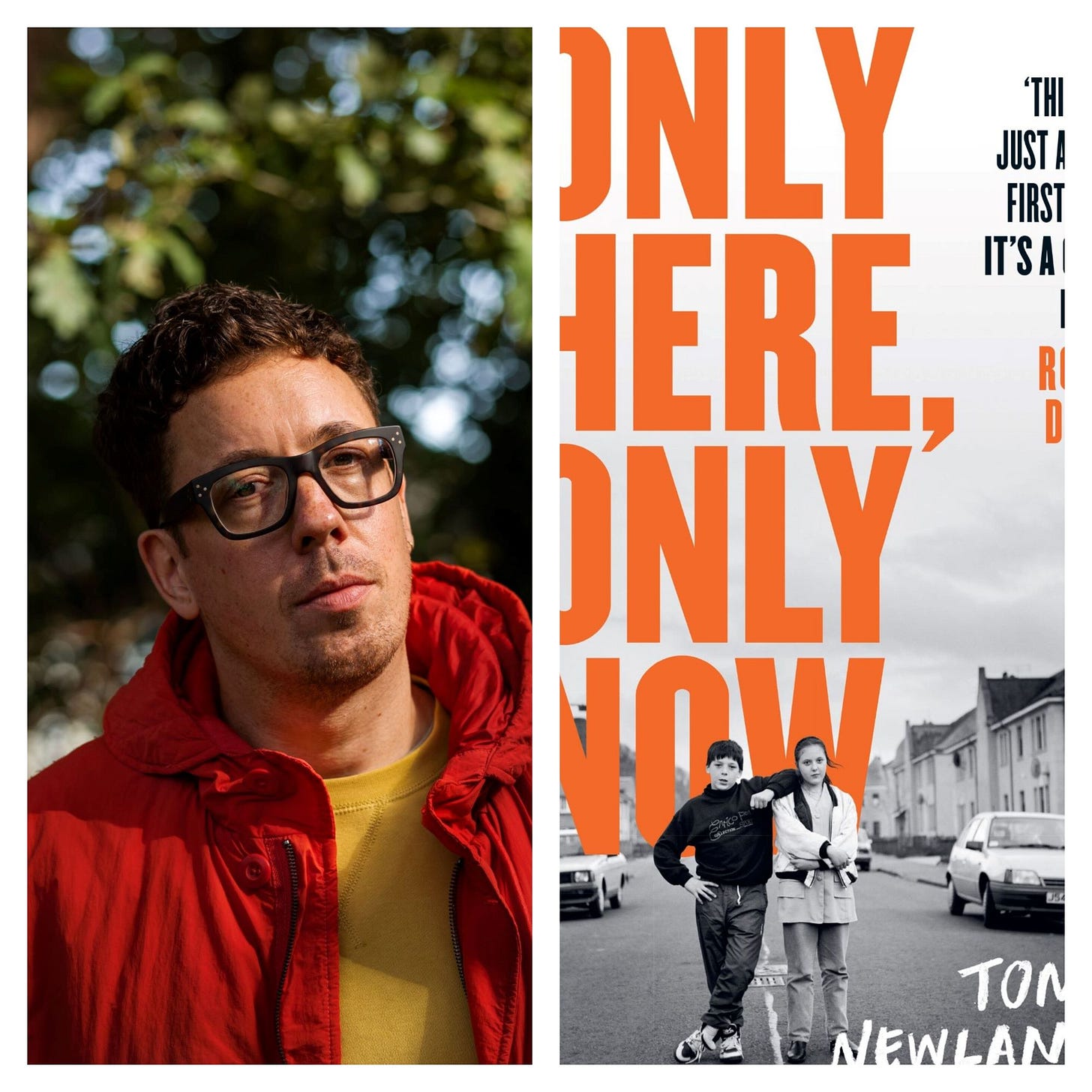New magazine champions working class writers
Stage and screen star Michael Sheen backs The Bee

Actor and philanthropist Michael Sheen has been at it again, throwing his weight behind a new literary magazine and platform for working class writers.
The magazine is called The Bee and it has come buzzing out of the hive with a May Day launch.
It is produced by New Writing North, the Arts Council-funded writing development agency based in Newcastle, and edited by Richard Benson, who in the 1990s edited The Face, the influential culture and fashion mag.
Also behind it is Faber, venerable publisher of literary greats both living (Sally Rooney, Simon Armitage, Kazuo Ishiguro) and dead (WH Auden, CS Lewis, Sylvia Plath… a veritable Who’s Who).
The Bee will contain fiction and non-fiction and reflect contemporary life and culture as seen by new and established working-class writers from the UK and further afield.
But it’s also a website and an outreach programme designed to find and support new writers.
And it has a podcast, too, called The Working-Class Library which aims to create an alternative canon of classics with a guest writer each month suggesting a book for its virtual shelves. So far it has hosted David Nicholls, Louise Doughty and David Peace.
Backers of The Bee say it has been created to fight the increasing marginalisation of working-class writers and working-class people in publishing.
They cite figures showing 43% of people in publishing had middle-class backgrounds in 2014, with 12% being of working-class origin – while since 2019, the former figure has risen to 60%.
Richard Benson said: “Justice and fairness demand that people from the less well-off sections of society have the chance to tell their stories, and to get them heard.
“But it’s also about common sense. Much of the important writing being done today, and so many of the best-loved stories, come from ordinary working people.
“So often, it’s stories from the working classes that express what’s really happening in the world.”
Benson grew up on a small Yorkshire farm, began his writing career on the Beverley Guardian and went on from The Face to become an award-winning author. He admits class can be hard to pin down.
“Class has always been hard to define precisely, and it can mean different things to different people.
“It’s not just about your income or job, it’s also about family, upbringing, education, opportunity and lived experience. As society changes, we need a grown-up, nuanced debate about class, which will be an important subject for us.
“Readers want this. In our survey of working-class readers, 63% said it was important to them to see people of their background represented in books – and not just represented but represented accurately.
“There is a market for this, but to meet that demand we need more people from working-class backgrounds working in publishing and making key decisions.”
The Bee has grown out of A Writing Chance, the successful national scheme for working class writers co-founded by New Writing North, Michael Sheen, the Joseph Rowntree Foundation and Northumbria University.
It has already produced published authors, including Tom Newlands whose novel Only Here, Only Now came out last year and was shortlisted for the Gordon Burn Prize.
Claire Malcolm, chief executive of New Writing North, says: “Our research shows that despite incredible success stories from these initiatives the class crisis continues to grow.
“There’s never been so much debate about class in the creative industries but nothing has changed and things are actually getting worse and inequality more entrenched. Hence the need to make our own reality.
“Talent is classless. Opportunity, however, is class-bound. The Bee is an urgent response to that.”
She adds: “Working-class means a multitude of things depending on who you are and who you ask, but what we do know is that in 2025 your background can still affect your life chances and career prospects.
“We see very few working class voice and stories visible in mainstream publishing.
“Representation matters. Real change often happens from outside of the mainstream and we hope to build a new community of writers and readers around The Bee to support real change and to highlight the talent that is out there.”



